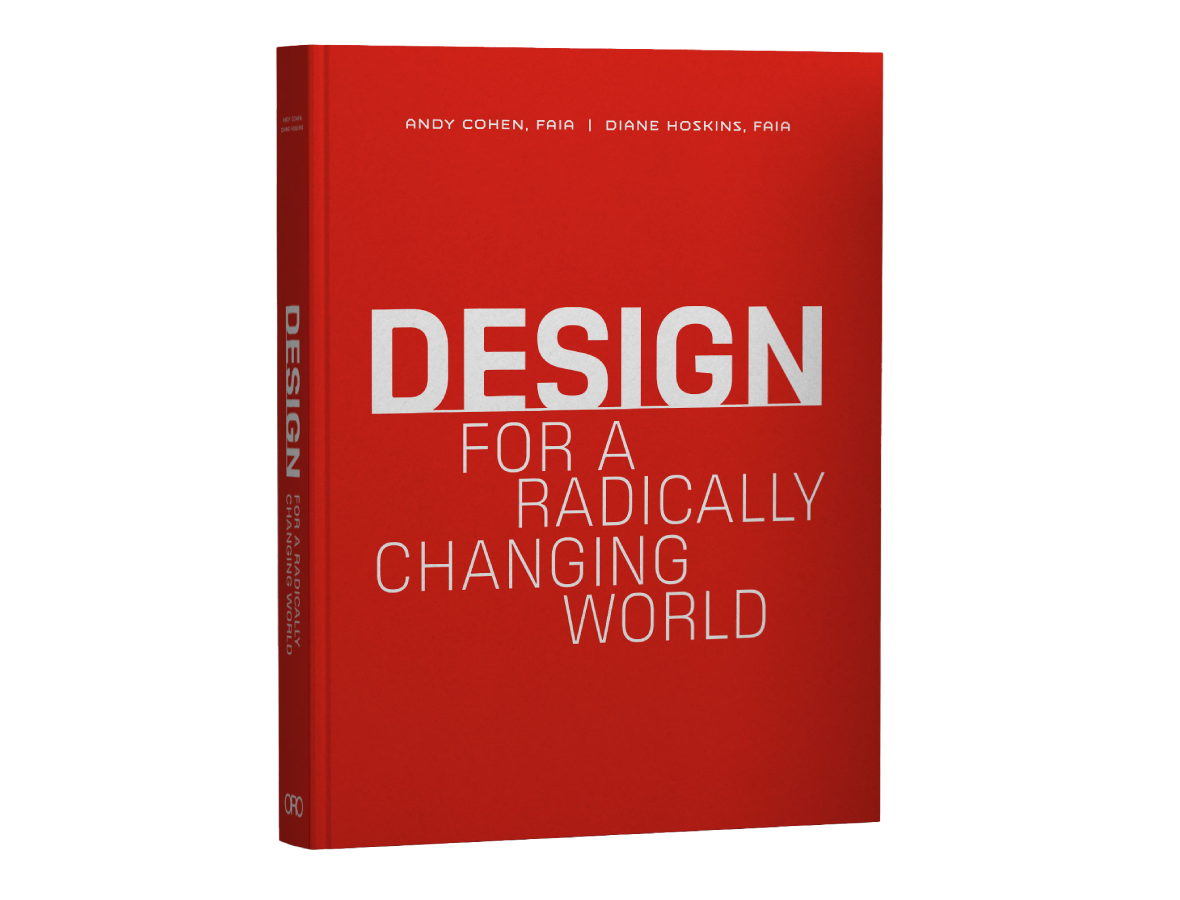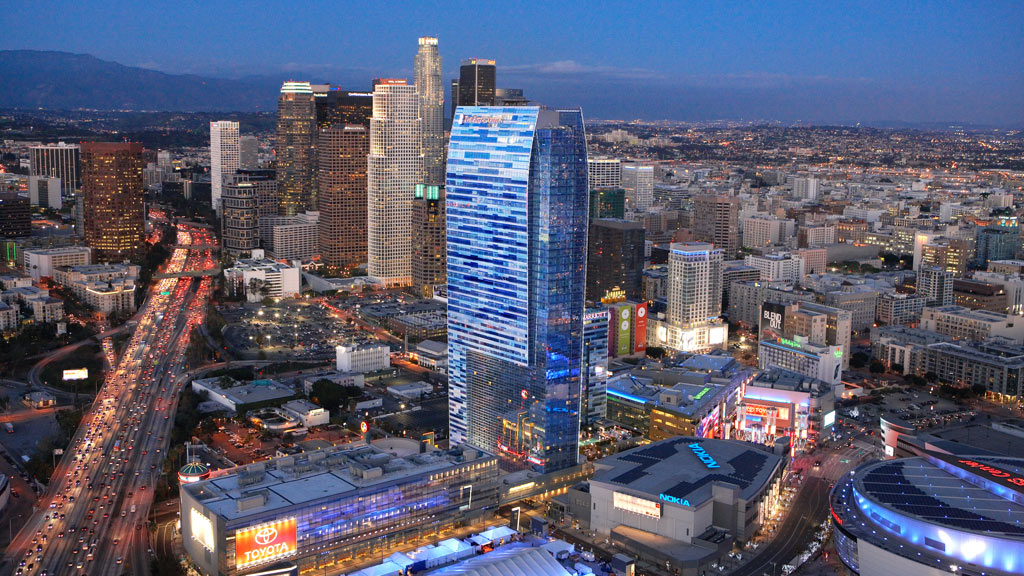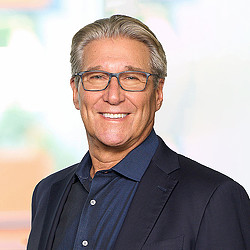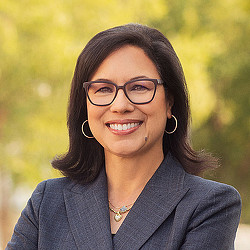Ensuring the Future Health of Our Cities
March 05, 2024 | By Andy Cohen and Diane Hoskins
Editor’s Note: The following excerpt is from Design for a Radically Changing World, by Gensler Global Co-Chairs Diane Hoskins and Andy Cohen.
The future health of cities depends upon their ability to attract new residents, visitors, businesses, and workers. One answer to this challenge is mixed-use design. By reimagining single-use residential and commercial blocks as multipurpose spaces that support a range of activities and behaviors, cities can yield better experiences overall, creating a sense of place that is intimately tied to the local context.
The varied programming of mixed-use developments insulates downtowns and central business districts (CBDs) from the negative effects of economic downturns by attracting people at different times of day for 24/7 activation. Properties in mixed-use developments consistently outperform nearby single-use properties. Our cities need integrated, holistic thinking and the flexibility to adapt over time. The places we build today will remain standing for generations to come, so they must be able to transform and accommodate new uses as the need arises.
This culminates, for us, in the concept of the 20-minute city: a place in which all residents’ needs for attainable housing, work, amenities, culture, and essential services exist within a short walk, bike, or public transit ride. The 20-minute city, neighborhood, or district is designed to create both vibrancy and equality. This concept, popularized by Paris Mayor Anne Hidalgo, has been implemented in cities around the world by using various policy, economic, and community-oriented strategies—from changing the use of streets on weekends to promoting micromobility services.

All citizens deserve access to the best features of the urban environment, regardless of their background, socioeconomic status, profession, or physical ability. We believe that the numerous challenges cities face today are solvable if we as a design community embrace broad, future-focused thinking. While the pandemic may have temporarily upended our concept of city life, we now have a chance to reimagine what the central tenets of urbanity should look like. This is the moment to take back our cities and ensure that every place that we design is a place for people. Through design, we can improve the human experience, leverage our capabilities for positive purposes, and make a difference in cities all over the world.
For media inquiries, email .


